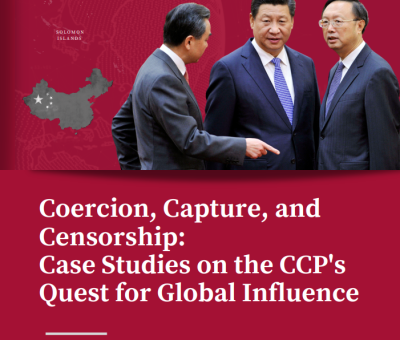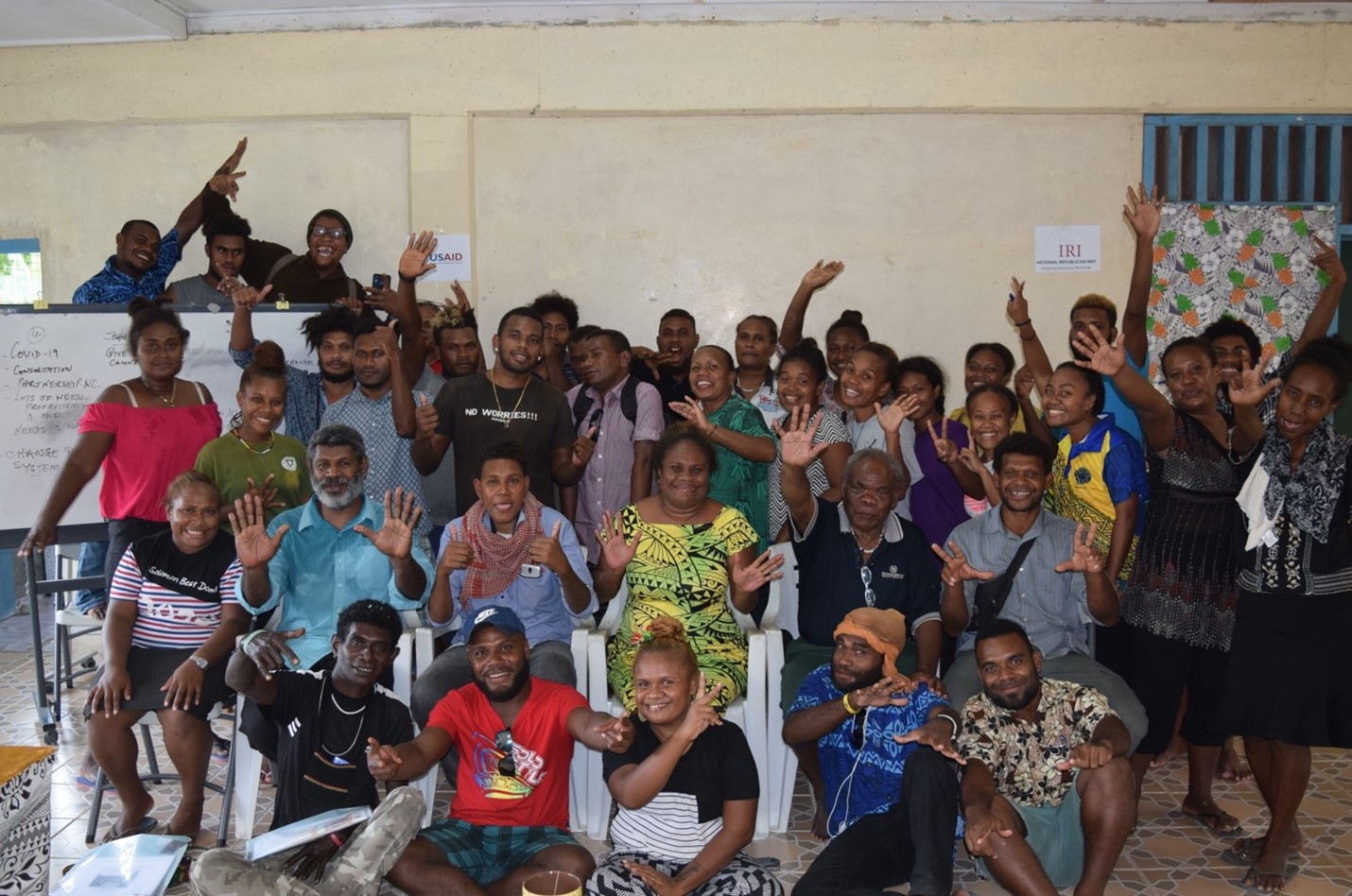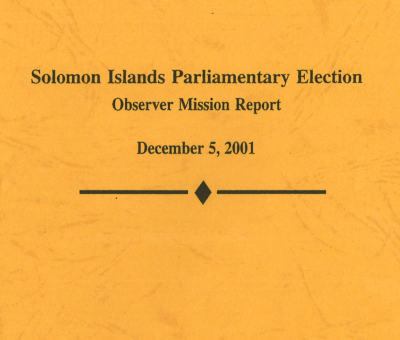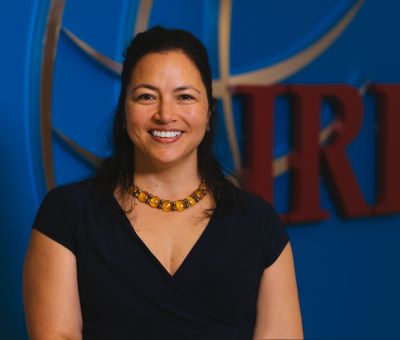
Coercion, Capture, and Censorship: Case Studies on…
The world has changed profoundly in the year since the International Republican Institute released its latest survey of People’s Republic…
Despite sporadic but frequent years of civil unrest, including the most recent riots in 2021, Solomon Islands continues to hold onto its shaky democratic system. By supporting elected leaders in local government and Parliament, along with volunteer ward advocates that comprise women, youth, and civil society organizations (CSOs), IRI is reducing barriers to government services across the country’s 900 islands.

In 2020, IRI conducted a Solomon Islands needs assessment to better understand where the gaps in services between the Solomons Islands Government and its citizens were most prevalent. IRI learned that communication between the locally elected governments of Solomon Islands’ nine provinces and the national government in Honiara, Guadalcanal Province, was seen as fractured, duplicative, and at times combative. The people who suffered the most from this breakdown were local communities, youth, women, and other marginalized groups.
IRI is taking a multifaceted approach to help Solomon Islanders improve the situation. First, the Institute partnered with the Solomon Islands National Council of Women (SINCW) to empower one of Solomon Islands’ largest and most vocal demographics, youth. People under the age of 35 make up 70% of the population in Solomon Islands, yet cultural norms oftentimes prevent youth from being successful in community activism. IRI and SINCW have been working together to complete a series of Youth Leadership Training Schools (YLTS) in various provinces across the country, and at the completion of these events, youth leave with detailed advocacy plans to present to local governments.
Next, IRI is implementing a series of stakeholder meetings where CSOs and YLTS alumni are given the opportunity to present their advocacy plans before Members of the Provincial Assemblies (MPAs) and the executive committees of the recently established Ward Development Committees (WDCs). SIG created these WDCs as a small step towards decentralization, and each committee is comprised of volunteer community leaders, chiefs, church groups, civil society organizations, and other youth and women representatives.
In addition to the stakeholder meetings, IRI is providing capacity-building trainings to improve the ability of the MPAs and WDCs to collect, analyze, and prioritize community projects. Both groups are expected to present their priorities to the Ministry of Provincial Government in Honiara, and IRI’s goal of the trainings is to give the skills to determine those priorities objectively, fairly, and with transparency.
Finally, despite men and women having guaranteed equal voting rights, the Pacific Islands have among the lowest levels of female representation in government in the world. The same set of antiquated laws and cultural norms that keep youth from being active also prevent women feeling confident to contest national elections and realize success at the polls.
In fact, in Solomon Islands, only four of the 50 members of parliament are women. IRI is working to change this because women’s full participation is critical to a robust democracy; however, for women to see real progress across the Pacific Islands, they must have the ability to support and empower one another. Through IRI’s Pacific Islands Leadership Training Schools (LTS), women receive skills training in leadership, advocacy, public speaking, campaigning and teamwork. Alumnae from Solomon Islands become part of IRI’s Pacific Islands LTS alumnae network and connect with rising women leaders across 11 other Pacific Island nations.
Through IRI’s ongoing work with elected leaders, volunteer community advocates, CSOs, women and youth in Solomon Islands, an increasingly diverse group of voices will be empowered to participate, influence and lead in Solomon’s institutions. Our combined efforts will help provide credibility and encourage the Solomon Islands government to continue its decentralization efforts and center government closer to its citizens, and help everyone work together in peaceful, non-violent way.

The world has changed profoundly in the year since the International Republican Institute released its latest survey of People’s Republic…


